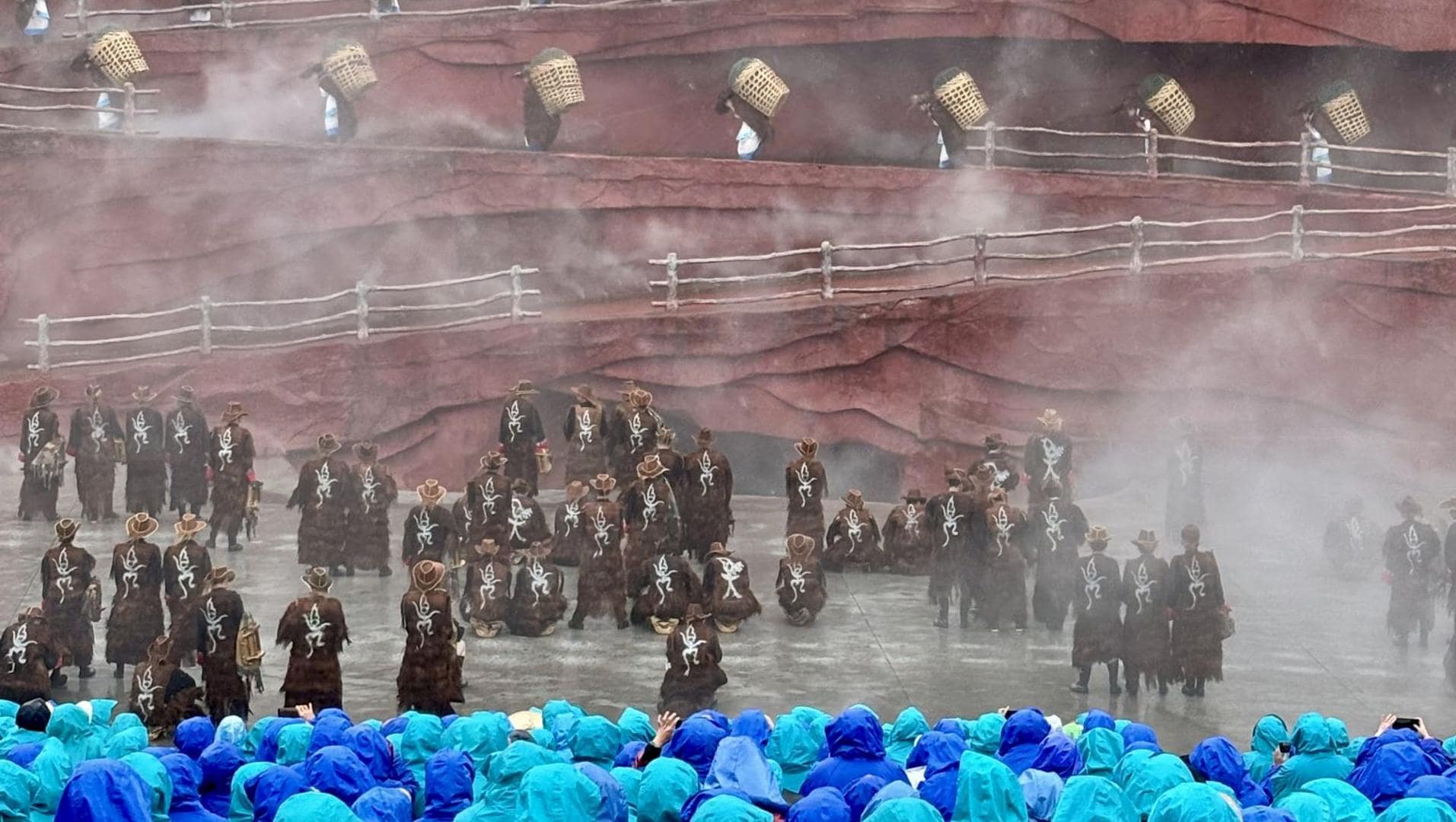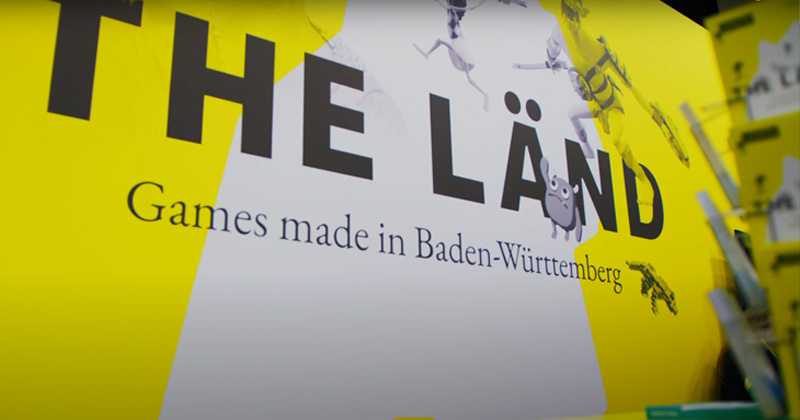Saturday, August 10, 2024, 00:16
Comment
-
Copy link
-
WhatsApp
-
Facebook
-
X (formerly Twitter)
-
LinkedIn
-
Telegram
-
Threads
Since I arrived in China, I have been so amazed by what surrounds me that I am someone else. I am Karen Blixen seeing her farm in Africa for the first time, I am Charlie Marlow going up the Congo River, I am Marco Polo arriving in Yunnan. I am all the travellers of the world. And I am almost happy.
I would be completely happy if I had a little time for myself and my circumstances: even Dr. Livingstone, I suppose, was able to go to the toilet without rushing. We are now in Yunnan province, but, as in Guizhou, we are still running around: after eating heartily, we leave Kunming by train for Lijiang. When we arrive, I feel even worse because of the altitude. We have climbed to 2,500 metres, and I have tachycardia, fatigue and infinite tiredness. The friendly Chinese man offers me a cigarette: for the first time in my life I decline the invitation. We go to dinner in a rag. And there, amidst my dizziness and a bowl of sticky rice, Leonor appears.
“My name is not that, of course, but the first Spanish name I heard was that of the princess,” she says in perfect Spanish. Leonor, who has just turned twenty-two, has just finished her degree in Hispanic Philology at the University of Beijing. She is perky, flirtatious and very friendly, and she loves potato omelette with onions and melon with ham. “Have I been to Spain? Look,” she says, proudly showing me a ring. It’s from Tous. “I bought it in Barcelona,” she says.
More Austria than China
Leonor is accompanied by her best friend, Schoch, a charmingly shy boy who has studied German. They are both spending the next few days in Lijiang with us doing internships as translators. That night I chat with Leonor; in the morning, we break the unwritten rule of always sitting in the same place on the bus and sit together to continue talking. And so, chatting away, we reach Blue Moon Valley.
Leonor and Soch pose with us for the trip album.
R. P.
The towering mountains, endless meadows and an unreal blue lake make the landscape seem more Austrian than Chinese, and only the yaks we pass remind us that we are not in Europe. It is cold and the rain is pouring down, but the group, now more colleagues than travelling companions, walk around mingling with each other and speaking our languages until Alex announces that we are going to attend a theatre performance. Look, finally a place to take shelter. No, it is outdoors. Cursing all the weather phenomena that have ever happened, I take a seat in the crowded stands. Then the performance begins. And I open my mouth and don’t close it for the next hour and a half.
Tea caravans
It is a performance about the ancient Tea Horse Route, which began in southern China and reached Tibet. Directed by Zhang Yimou (a revealing fact that I only discovered when I sat down to write this article, but which explains everything), it is performed by almost five hundred non-professional actors from the ethnic groups of the area who, in perfect synchrony, cross from one side to the other of a giant stage divided into several planes at different levels crossed by long zigzag walkways. There are dances, songs and drums that resonate from one end of the valley to the other and, despite being soaked to the core, I get completely immersed in this tale of love and tea caravans.
Leonor, translator and new friend
“Have I been to Spain? Look.” And she proudly shows me a ring. It’s from Tous. “I bought it in Barcelona.”
And when I think that nothing can surpass such a spectacle, suddenly, up above, at an impossible height and blurred by the fog, the rain and the smoke, the silhouettes of horsemen appear. I am watching a John Ford film, and two big, round, perfect tears fall down my face, mingling with the rain. I am Karen Blixen, and Charlie Marlow, and Marco Polo, and also the child who first saw The Searchers. And I am happy.
Comment
Report a bug


